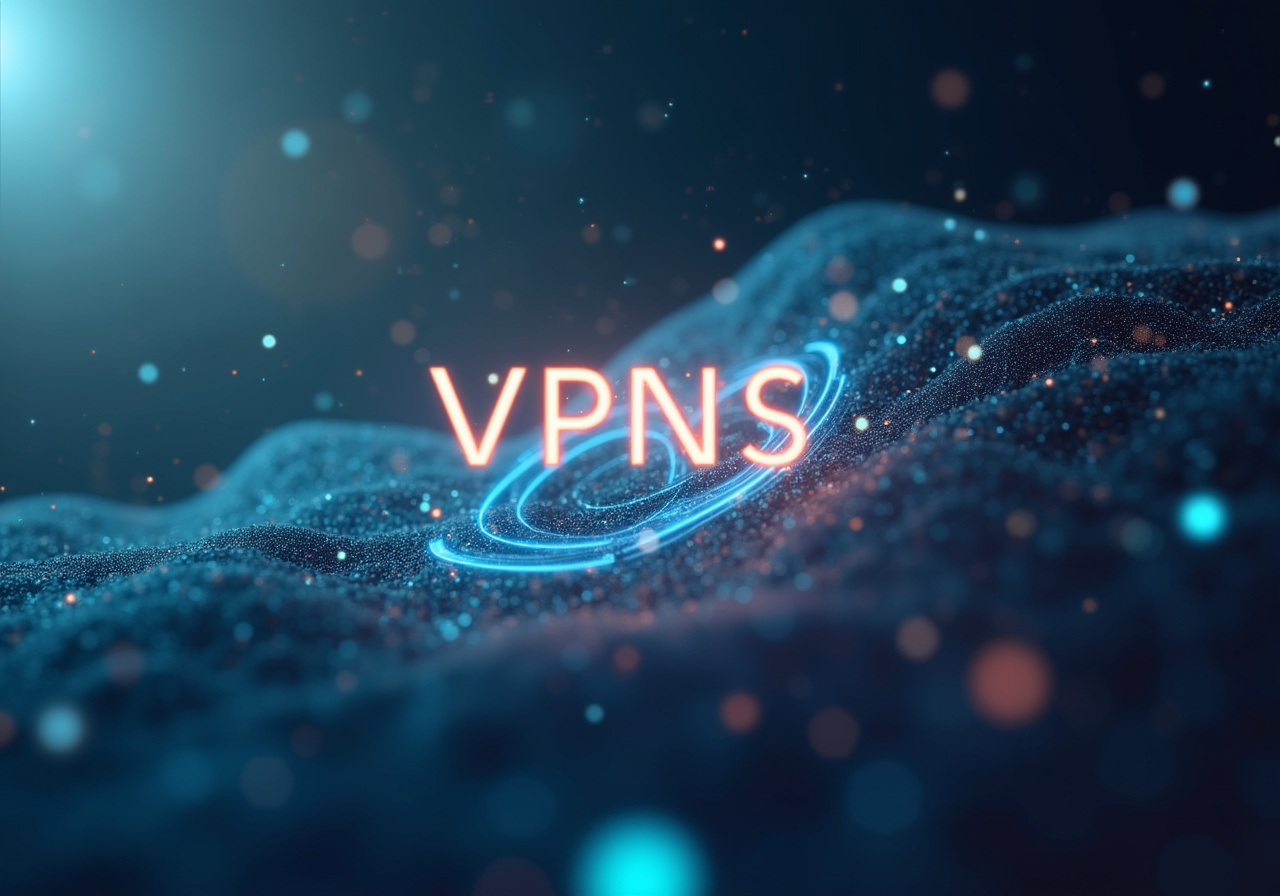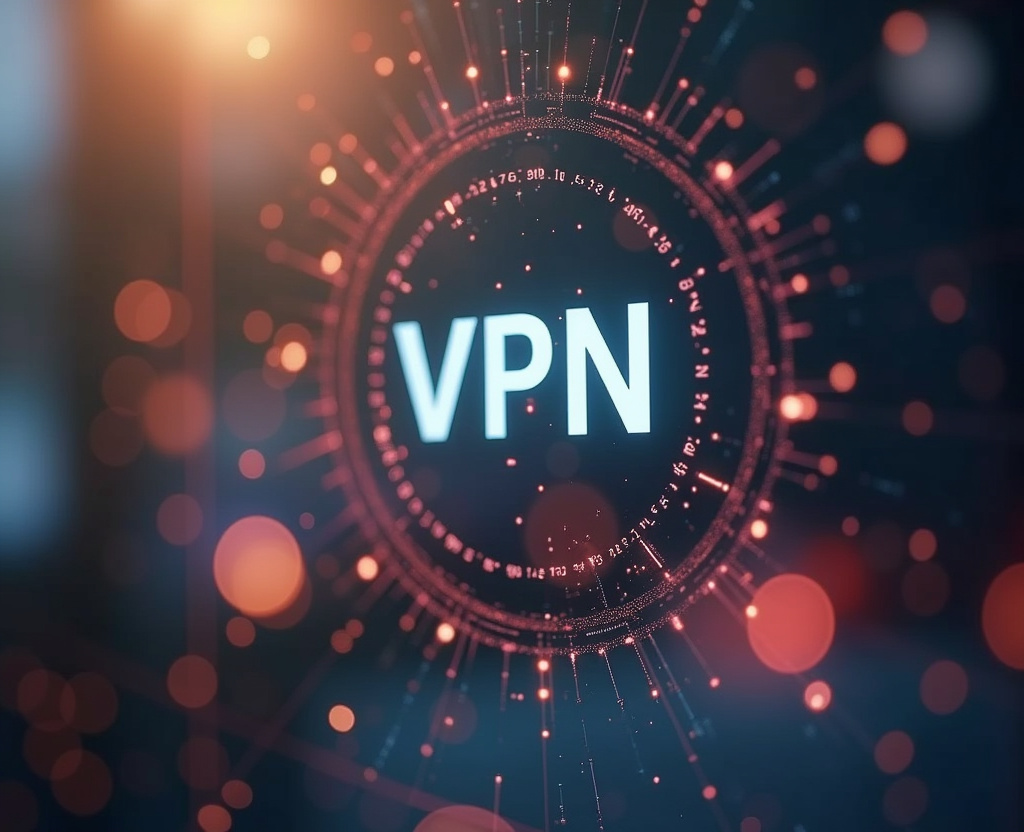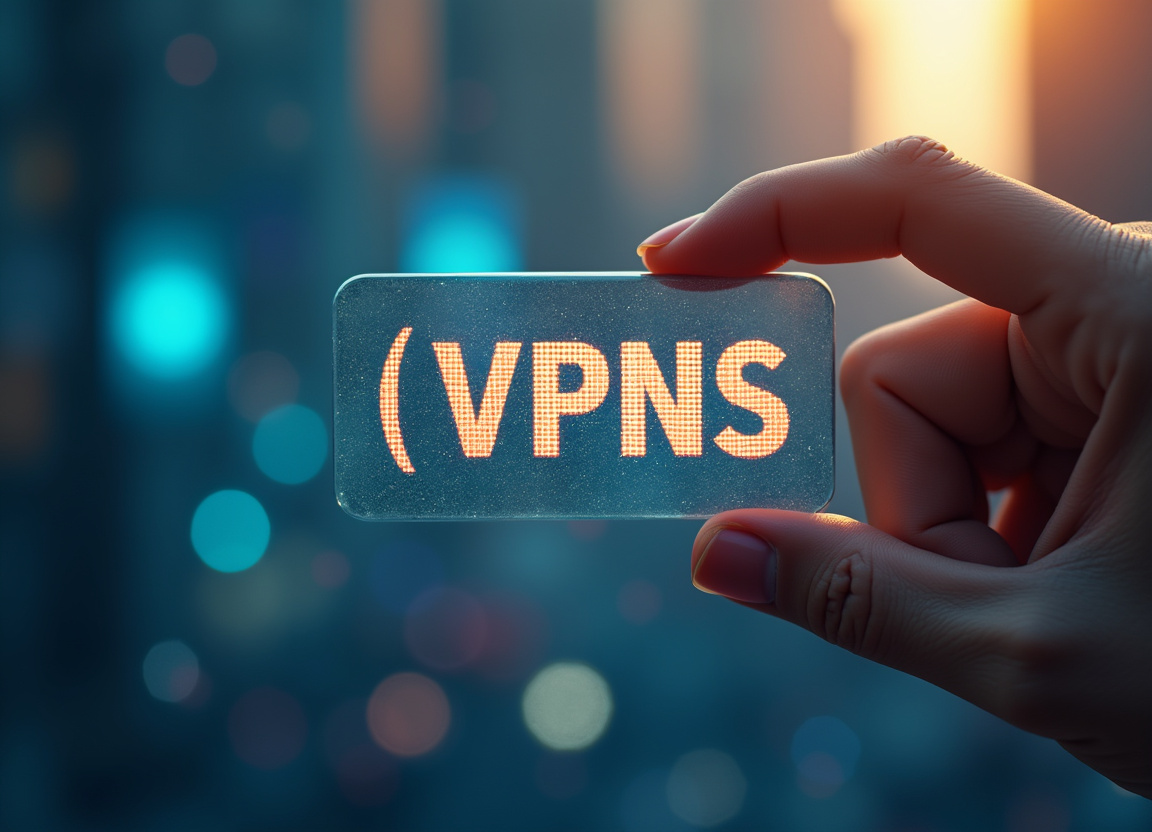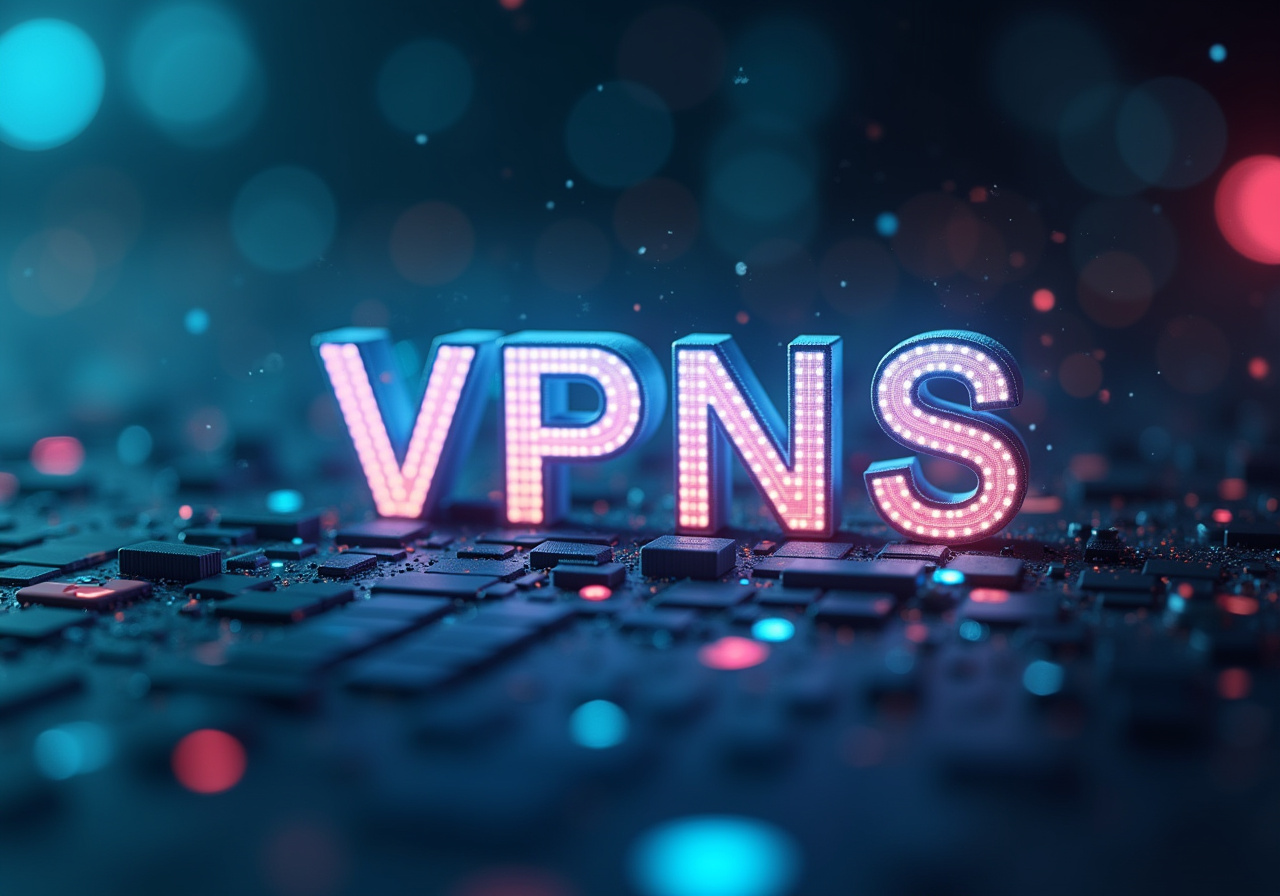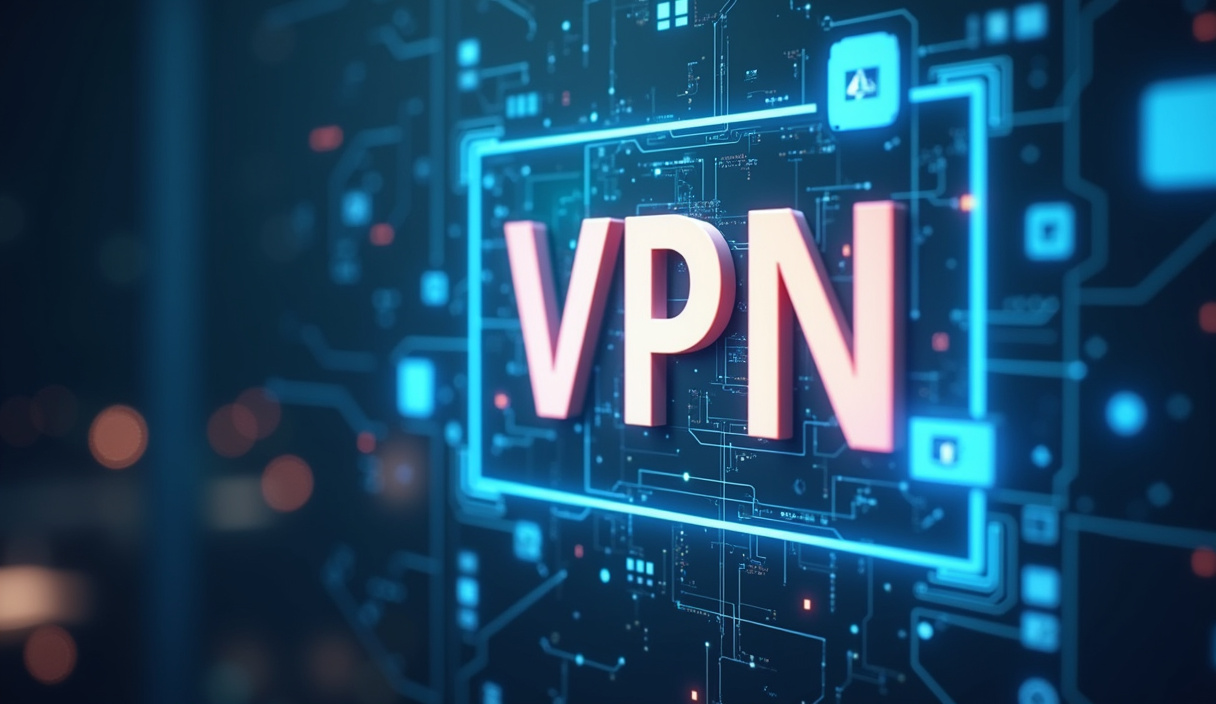Top VPNs for Accessing Global Content
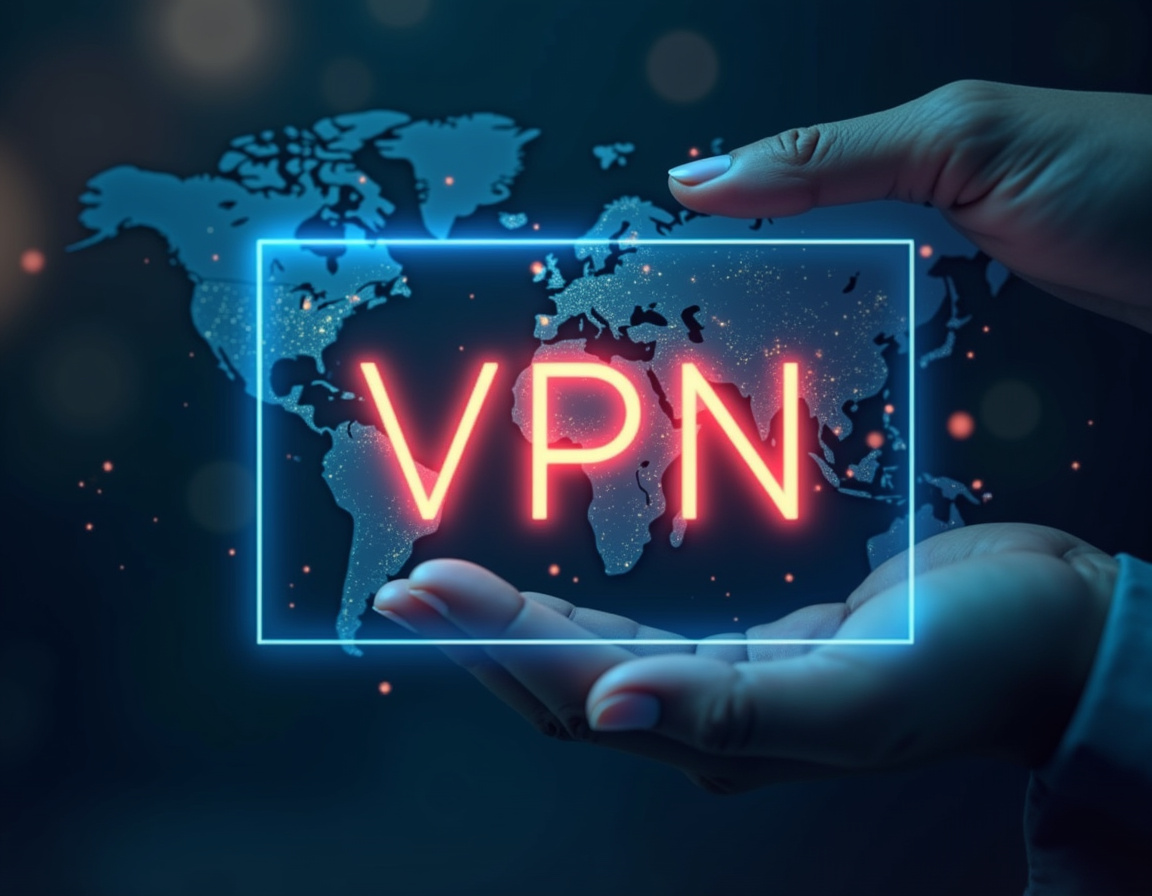
Table of Contents
Unlocking Global Content: A VPN Guide
In an increasingly interconnected world, the desire to access content from diverse geographical locations has become paramount. Whether it's streaming services with region-specific libraries, news outlets offering varied perspectives, or simply accessing websites blocked in certain countries, the ability to bypass geographical restrictions is highly sought after. This is where Virtual Private Networks (VPNs) come into play.
VPNs provide a secure and encrypted connection, masking your IP address and allowing you to appear as if you are browsing from a different location. This, in turn, grants you the ability to unlock a world of global content that would otherwise be inaccessible. However, not all VPNs are created equal.
The effectiveness of a VPN in accessing global content hinges on factors such as server network size, connection speed, security protocols, and its ability to bypass VPN detection mechanisms employed by content providers. This article delves into the world of VPNs, exploring their usage for accessing global content, comparing the top options available, and providing a comprehensive guide to help you choose the best VPN for your specific needs. We will examine the mechanisms behind content blocking, the strategies VPNs employ to circumvent these restrictions, and the technical considerations that differentiate leading VPN providers in their ability to consistently provide reliable VPN access.
Furthermore, we will address essential concerns such as privacy, security, and the legal implications of using VPNs to access geo-restricted content. The goal is to equip you with the knowledge necessary to make informed decisions about selecting a VPN that not only unlocks global content but also safeguards your online presence. Choosing the right VPN involves understanding your specific requirements, such as the types of content you wish to access, the devices you intend to use, and the level of security and privacy you require.
By carefully evaluating these factors, you can ensure that you select a VPN that meets your needs and provides a seamless and secure browsing experience. The subsequent sections will dive into the intricacies of VPN technology, provide a detailed VPN comparison, and offer practical advice on how to get the most out of your VPN connection for accessing global content. The proliferation of streaming platforms has fueled the demand for VPNs capable of circumventing geo-restrictions.
Streaming services often negotiate licensing agreements that limit the availability of content to specific regions. This means that a movie or TV show available in one country may not be accessible in another. VPNs allow users to bypass these restrictions by connecting to a server in the region where the content is available.
This effectively tricks the streaming service into believing that the user is located in that region, granting them access to the content. The ability to access different regional libraries can significantly expand the content available to users, allowing them to enjoy a wider range of movies, TV shows, and documentaries. Beyond streaming, VPNs are also valuable for accessing news and information from around the world.
In some countries, government censorship restricts access to certain news websites and social media platforms. VPNs can bypass these restrictions by routing traffic through a server located in a country with a free and open internet. This allows users to access uncensored news and information, providing them with a more complete and unbiased understanding of global events.
Furthermore, VPNs can protect journalists and activists who are working in countries with repressive regimes. By masking their IP address and encrypting their communications, VPNs help to protect these individuals from surveillance and retaliation. The use of VPNs for accessing global content also has implications for businesses and individuals who travel frequently.
When traveling abroad, users may encounter websites and services that are blocked or restricted in the country they are visiting. VPNs can bypass these restrictions, allowing users to access their favorite websites, social media platforms, and email accounts. This is particularly important for businesses that need to maintain access to their internal networks and resources while traveling.
VPNs provide a secure and encrypted connection, protecting sensitive data from being intercepted by hackers or government surveillance. The increasing reliance on digital services and the growing awareness of online privacy have made VPNs an essential tool for anyone who wants to access global content securely and privately. By understanding the mechanisms behind content blocking and the strategies VPNs employ to circumvent these restrictions, users can make informed decisions about selecting the best VPN for their needs.
The following sections will provide a detailed VPN comparison, highlighting the top options available and offering practical advice on how to get the most out of your VPN connection. Before diving into the specifics of top VPNs, it's crucial to understand the mechanisms behind content blocking and how VPNs circumvent these restrictions. Content providers employ various techniques to restrict access based on a user's geographical location.
These techniques primarily rely on IP address geolocation, where a user's IP address is used to identify their country of origin. Once the country is identified, the content provider can block access to specific content based on licensing agreements, censorship policies, or other regional restrictions. Other methods include DNS filtering, where DNS requests are intercepted and redirected to block access to certain domains, and deep packet inspection (DPI), which examines the content of network traffic to identify and block VPN usage.
To overcome these restrictions, VPNs utilize a combination of techniques. The core mechanism is IP address masking, where the VPN replaces the user's actual IP address with one from a server located in a different country. This effectively makes it appear as though the user is browsing from that country, bypassing the IP address geolocation restrictions.
In addition to IP address masking, VPNs use encryption to protect the user's data and prevent DPI from identifying VPN traffic. Strong encryption protocols, such as AES-256, scramble the data transmitted between the user's device and the VPN server, making it unreadable to third parties. Furthermore, some VPNs employ obfuscation techniques to disguise VPN traffic as regular internet traffic, making it even more difficult to detect and block.
These techniques include using protocols like OpenVPN with the XOR patch or employing the Stunnel application to wrap VPN traffic in SSL encryption. The effectiveness of a VPN in accessing global content depends on its ability to consistently bypass these content blocking mechanisms. This requires a large and diverse server network, allowing users to connect to servers in various countries and avoid server overcrowding.
It also requires the VPN provider to actively monitor and update its servers to stay ahead of content providers' efforts to block VPN access. The VPN comparison in the following sections will highlight the top VPNs that excel in these areas, providing reliable VPN access to global content. IP address geolocation is the most prevalent method used by content providers to restrict access based on location.
Every device connected to the internet is assigned a unique IP address, which can be used to determine the device's approximate geographical location. Geolocation databases maintained by various organizations map IP addresses to specific countries, regions, and even cities. Content providers use these databases to identify the location of users attempting to access their content.
If a user's IP address indicates that they are located in a region where the content is not licensed or permitted, access is blocked. This is particularly common with streaming services, which often have different licensing agreements for different regions. DNS filtering is another technique used to block access to specific websites and services.
When a user enters a website address into their browser, the browser sends a DNS request to a DNS server to resolve the website address to its corresponding IP address. DNS filtering intercepts these DNS requests and redirects them to a different IP address, effectively blocking access to the website. This technique is often used by governments to censor content and restrict access to websites that are deemed to be harmful or politically sensitive.
Deep packet inspection (DPI) is a more advanced technique that examines the content of network traffic to identify and block VPN usage. DPI analyzes the headers and payloads of network packets to identify patterns that are characteristic of VPN traffic. Once VPN traffic is detected, it can be blocked or throttled.
DPI is often used by internet service providers (ISPs) and governments to block VPN usage and enforce censorship policies. VPNs circumvent these content blocking mechanisms by masking the user's IP address, encrypting their data, and obfuscating their traffic. IP address masking hides the user's actual IP address and replaces it with the IP address of the VPN server.
This makes it appear as though the user is browsing from the location of the VPN server, bypassing IP address geolocation restrictions. Encryption protects the user's data from being intercepted and read by third parties. Strong encryption protocols, such as AES-256, scramble the data transmitted between the user's device and the VPN server, making it unreadable to ISPs and government agencies.
Obfuscation techniques disguise VPN traffic as regular internet traffic, making it more difficult to detect and block. These techniques include using protocols that are designed to resemble regular internet traffic, such as HTTPS, and employing techniques such as traffic shaping and port hopping. The effectiveness of a VPN in bypassing content blocking mechanisms depends on its ability to implement these techniques effectively and to adapt to new blocking methods as they are developed.
Top VPNs invest heavily in research and development to stay ahead of content providers and government censors, ensuring that their users can continue to access global content freely and securely.
Top VPNs for Streaming and Entertainment
When selecting a VPN for content unlocking, several factors come into play. Connection speed is a primary consideration, as a slow VPN can result in buffering and lag, making it difficult to stream videos or browse websites. Look for VPNs that offer fast and stable connections, ideally those with servers optimized for streaming.
Server network size is another critical factor. A VPN with a large server network will offer more options for connecting to different countries, increasing your chances of finding a server that can successfully bypass geo-restrictions. Additionally, a larger server network helps to avoid server overcrowding, which can negatively impact connection speeds.
Security and privacy are paramount when choosing a VPN. Ensure that the VPN uses strong encryption protocols, such as AES-256, and has a strict no-logs policy, meaning that it does not track or store your browsing activity. Look for VPNs that have been independently audited to verify their no-logs claims.
The ability to bypass VPN detection is crucial for accessing certain streaming services and other content platforms that actively block VPN usage. Some VPNs employ obfuscation techniques to disguise VPN traffic and avoid detection. Customer support is also an important consideration.
Choose a VPN that offers responsive and helpful customer support, ideally through live chat or email. A good customer support team can help you troubleshoot any issues you may encounter while using the VPN. Finally, consider the price of the VPN.
While free VPNs may seem tempting, they often come with limitations, such as slow speeds, limited server locations, and data caps. Paid VPNs typically offer better performance, security, and privacy. The top VPNs will offer a balance between speed, security, server network size, and price.
The VPN comparison in the following section will help you evaluate these factors and choose the best VPN for your needs. Connection speed is often the deciding factor for users who prioritize streaming and video content consumption. A VPN inherently adds a layer of processing and distance, potentially impacting internet speed.
A high-quality VPN will minimize this impact through optimized server infrastructure and efficient routing algorithms. Ideally, a VPN should offer speeds that are comparable to your base internet connection, allowing you to stream high-definition video without buffering or interruptions. Look for VPNs that utilize protocols like WireGuard, known for its speed and efficiency.
Server proximity also plays a role; connecting to a server closer to your physical location can improve speeds. A vast server network provides users with more options for bypassing geo-restrictions and finding a stable connection. The number of servers and their geographical distribution are key considerations.
A VPN with servers in numerous countries increases the likelihood of finding a server that successfully unlocks the desired content. Furthermore, a larger network reduces the risk of server overcrowding, which can lead to slower speeds and unreliable connections. The ability to switch between servers easily is also beneficial, allowing you to find the optimal server for your specific needs.
Security and privacy are non-negotiable aspects of choosing a VPN. Strong encryption protocols, such as AES-256, are essential for protecting your data from eavesdropping. A strict no-logs policy ensures that the VPN provider does not collect or store any information about your browsing activity.
This is crucial for maintaining your privacy and anonymity online. Look for VPNs that have been independently audited to verify their no-logs claims. Additional security features, such as a kill switch (which automatically disconnects your internet connection if the VPN connection drops) and DNS leak protection, can further enhance your security.
Bypassing VPN detection has become increasingly important as content providers become more sophisticated in their efforts to block VPN usage. Some VPNs employ obfuscation techniques, such as masking VPN traffic as regular HTTPS traffic, to avoid detection. Others use rotating IP addresses to prevent their servers from being blacklisted.
Look for VPNs that are known for their ability to consistently bypass VPN detection, particularly if you plan to use the VPN for streaming services that are known to block VPNs. Reliable customer support is essential for troubleshooting any issues that may arise while using the VPN. Look for VPNs that offer 24/7 customer support through live chat or email.
A responsive and helpful customer support team can quickly resolve any problems you may encounter, ensuring a seamless user experience. Check online reviews to get a sense of the VPN provider's customer support reputation.
Bypassing Geo-Restrictions: How VPNs Enable Global Access
To effectively use a VPN for accessing global content, it's essential to understand how to optimize your connection and troubleshoot common issues. Start by selecting a server location that is geographically close to the content you want to access. This can help to improve connection speeds and reduce latency.
For example, if you're trying to access a streaming service that's only available in the UK, connect to a VPN server located in the UK. If you experience slow speeds, try switching to a different server in the same region. Some servers may be more congested than others, so experimenting with different servers can help you find one that offers better performance.
Also, consider the VPN protocol you're using. Some protocols, such as WireGuard, are generally faster than others, such as OpenVPN. However, WireGuard may not be supported by all VPN providers or on all devices.
Experiment with different protocols to see which one works best for you. Clearing your browser's cache and cookies can also help to resolve some issues. Sometimes, websites store information about your location in your browser's cache, which can interfere with the VPN's ability to mask your IP address.
Clearing your cache and cookies ensures that the website only sees the IP address provided by the VPN. If you're still experiencing issues, try restarting your device and the VPN app. This can sometimes resolve temporary glitches that may be affecting the connection.
If you're using a VPN on a mobile device, make sure that the VPN app is allowed to run in the background. Some mobile operating systems may restrict background activity to conserve battery life, which can cause the VPN to disconnect. Check your device's settings to ensure that the VPN app is allowed to run in the background.
Finally, if you've tried all of these troubleshooting steps and you're still experiencing issues, contact the VPN provider's customer support. They may be able to provide you with more specific guidance based on your situation. Optimizing your VPN connection also involves understanding the impact of different settings on your speed and security.
For example, enabling features like a kill switch or DNS leak protection can add a small amount of overhead, which may slightly reduce your connection speed. However, these features are important for protecting your privacy and security, so it's generally worth the trade-off. Similarly, using stronger encryption can also impact your speed.
While AES-256 encryption is generally considered to be the gold standard for security, it can be more resource-intensive than weaker encryption protocols. If you're experiencing slow speeds, you may consider using a slightly weaker encryption protocol, such as AES-128, but only do so if you're comfortable with the reduced level of security. Another important consideration is the location of the VPN server relative to your own location and the location of the content server.
Ideally, you want to connect to a VPN server that is geographically close to both your location and the content server. This will minimize latency and improve connection speeds. However, in some cases, it may be necessary to connect to a VPN server that is located further away in order to bypass geo-restrictions.
In these cases, you may need to experiment with different server locations to find one that offers the best balance between speed and accessibility. When troubleshooting VPN connection issues, it's important to determine the root cause of the problem. Start by checking your internet connection.
Make sure that you're connected to a stable internet connection and that your internet speed is sufficient for the content you're trying to access. If you're using Wi-Fi, try moving closer to the router or connecting to a different Wi-Fi network. If your internet connection is working properly, the problem mayFinally, it's crucial to consider the legal and ethical implications of using VPNs to access global content.
While using a VPN is generally legal in most countries, accessing content that is restricted due to copyright or licensing agreements may be a violation of those agreements. It's important to be aware of the laws and regulations in your country and the terms of service of the content platforms you're using. Streaming services, for instance, explicitly prohibit using VPNs to bypass geographical restrictions in their terms of service, and while they don't often pursue individual users, they may take action against VPN providers that facilitate such activity.
Ethically, the use of VPNs to access content raises questions about fairness to content creators and distributors who rely on regional licensing agreements to generate revenue. Bypassing these agreements can undermine the intended business model and potentially harm the availability of content in the long run. However, some argue that accessing global content is a matter of freedom of information and that geographical restrictions are artificial barriers that limit access to knowledge and entertainment.
The ethical considerations depend on individual values and perspectives. Beyond copyright and licensing, using a VPN to circumvent censorship or access blocked websites can be seen as an exercise of free speech and a way to access information that would otherwise be unavailable. In countries with strict internet censorship, VPNs can be a vital tool for accessing news, social media, and other online resources.
However, it's important to be aware of the potential risks of using a VPN in countries where it is illegal or restricted. Governments may monitor VPN usage and take action against individuals who are found to be using them to access prohibited content. Always research the local laws and regulations before using a VPN in a foreign country.
Another ethical consideration is the impact of VPN usage on the privacy of others. When using a VPN, your internet traffic is routed through a VPN server, which means that the VPN provider has access to your browsing activity. While reputable VPN providers have strict no-logs policies, there is always a risk that your data could be compromised or shared with third parties.
It's important to choose a VPN provider that you trust and that has a proven track record of protecting user privacy. Furthermore, be mindful of the information you share online while using a VPN. Avoid sharing sensitive personal information on websites that are not secure or that you don't trust.
Using strong passwords and enabling two-factor authentication can also help to protect your online accounts. Ultimately, the decision of whether or not to use a VPN to access global content is a personal one. It's important to weigh the legal and ethical considerations against the benefits of accessing information and entertainment from around the world.
By being aware of the risks and responsibilities involved, you can make an informed decision that aligns with your values and priorities. Remember to choose a reputable VPN provider, optimize your connection, and protect your online privacy and security. With the right VPN and a responsible approach, you can unlock a world of global content while staying safe and secure online.
This comprehensive guide has provided you with the knowledge necessary to make informed decisions about selecting and using a VPN for accessing global content, empowering you to navigate the digital world with increased freedom and security.
Stay Updated
Get the latest VPN news, tips, and exclusive deals to your inbox.
